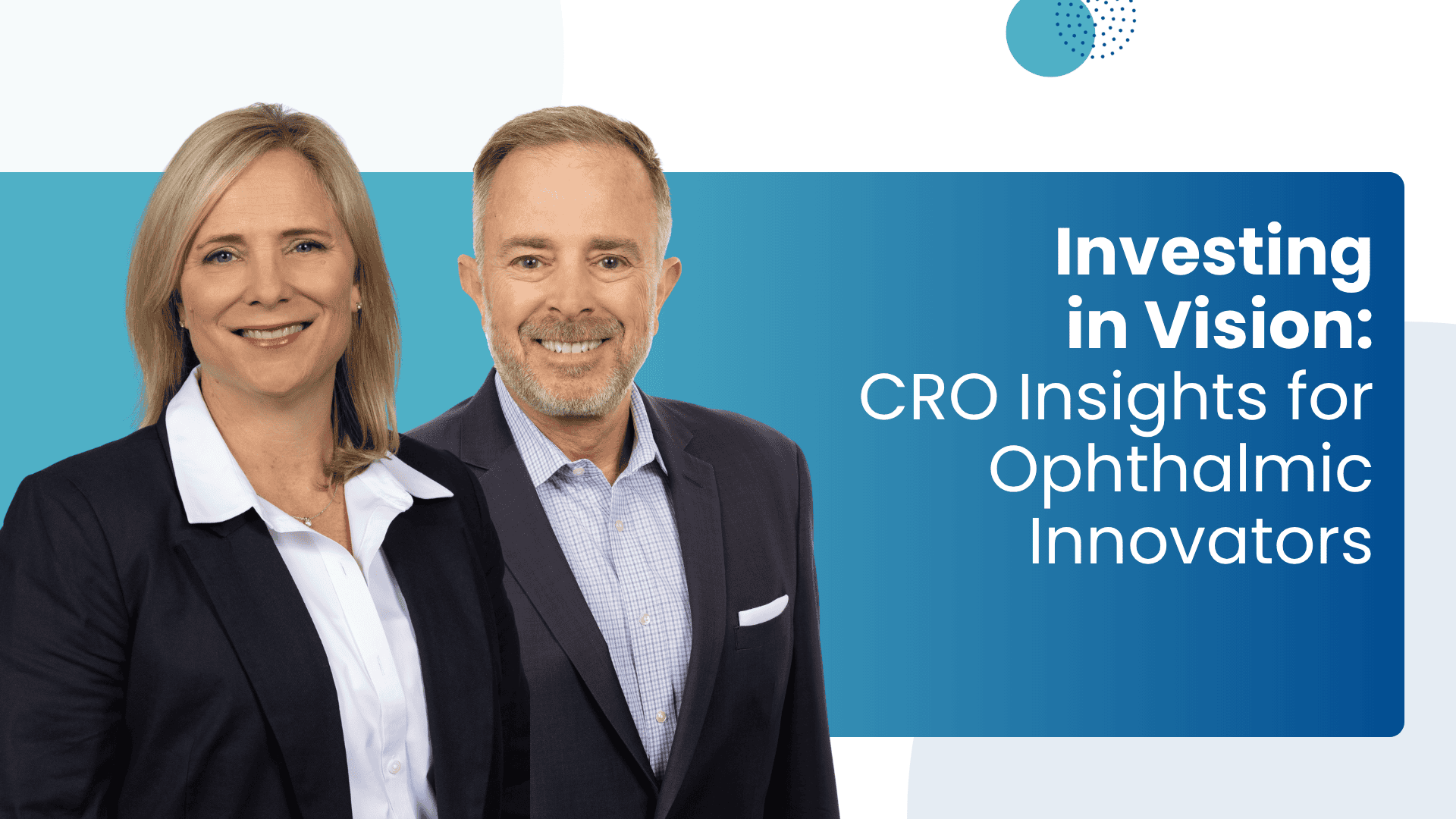Finding Quality Clinical Research Sites

May 8, 2018 – No sponsor ever intentionally selects a site that will do poorly. No site ever commits to doing a protocol intending at the outset to do a bad job or be non-productive. But everyone knows the substantial costs in terms of time, money, and missed opportunity when poor quality or non-productive sites are selected. Those that claim to have a perfect record with regards to site selection should be viewed with a bit of skepticism; they are either fairly new to drug development or selling you a line. Things change: personnel, study requirements, treatment paradigms, technology, regulatory guidances, etc. Moreover, each study is unique. Sites that excel at studying one indication may not do well with another.
So what is a quality site? Well, there are lots of answers. A site that has access to patients but doesn’t have the disciplined infrastructure, supervision, and staffing to conduct your protocol appropriately may not be a quality site. Though the Principal Investigator may be sought for every podium at every meeting, if he/she is not responsive and available for your study, and your study cannot benefit from the PI’s therapeutic expertise because of other commitments, this may not be a quality site. On the other hand, a “perfect” clinical research site with excellent organizational skills, attentive staff, and no 483 observations on audits that can’t identify, recruit and retain suitable patients, may not be a quality site. A quality site is one that can handle the regulatory rigors of IND-based clinical trials and all that entails, while enrolling appropriate subjects in a timely fashion so you get answers to the important clinical questions posed by your protocol.
So how should sites be selected? It is kind of like buying a car, and can be comparably expensive. The car needs to impress you at first, feel right, and be the kind of car you need. If you need acceleration and speed, maybe not a Prius. If you need space for 8 people and their luggage, maybe not a sportscar. Your sites, along with your CRO, will be your partner for this study. You will want to see good reviews from other owners and have a reliable and proven track record for maintenance and performance. Your aim is to get from here to there with minimal disruption; like that dream protocol that runs like clock-work. Inexperience can show up as break-downs (protocol violations, missing data, inappropriate patient enrollment); poor fit can show up as unnecessary and costly detours and, worst of all, the need to “buy another car”. When it comes to selecting your CRO partner, the same qualities apply. You should select one who specializes in your area, is realistic and candid about study timelines, has a proven track record of accomplishment and success, gets good gas mileage and has an EZPass. There are a lot of CROs out there who say they can do ophthalmology studies, but only a few, like Lexitas, know this space and the players in this space and can deliver you the smooth ride you want and need.
There are risks in clinical research, no doubt. Much is not known and cannot be known at the outset. Anyone who tells you differently hasn’t been doing this for long. You need to have the right study design, the right endpoints measured at the right times, the appropriate patient population, and a drug, dose, and regimen that can move the needle in the direction you anticipate. You also need to have clinical research sites that follow the protocol, provide appropriate and supportable documentation, and who have demonstrated quality, when audited, to support your applications. Select a CRO, who has therapeutic area expertise, comes highly recommended by your peers, and who can de-risk site selection. Then, relax, sit back, and focus on the multitude of other things on your plate.
Additional Resources
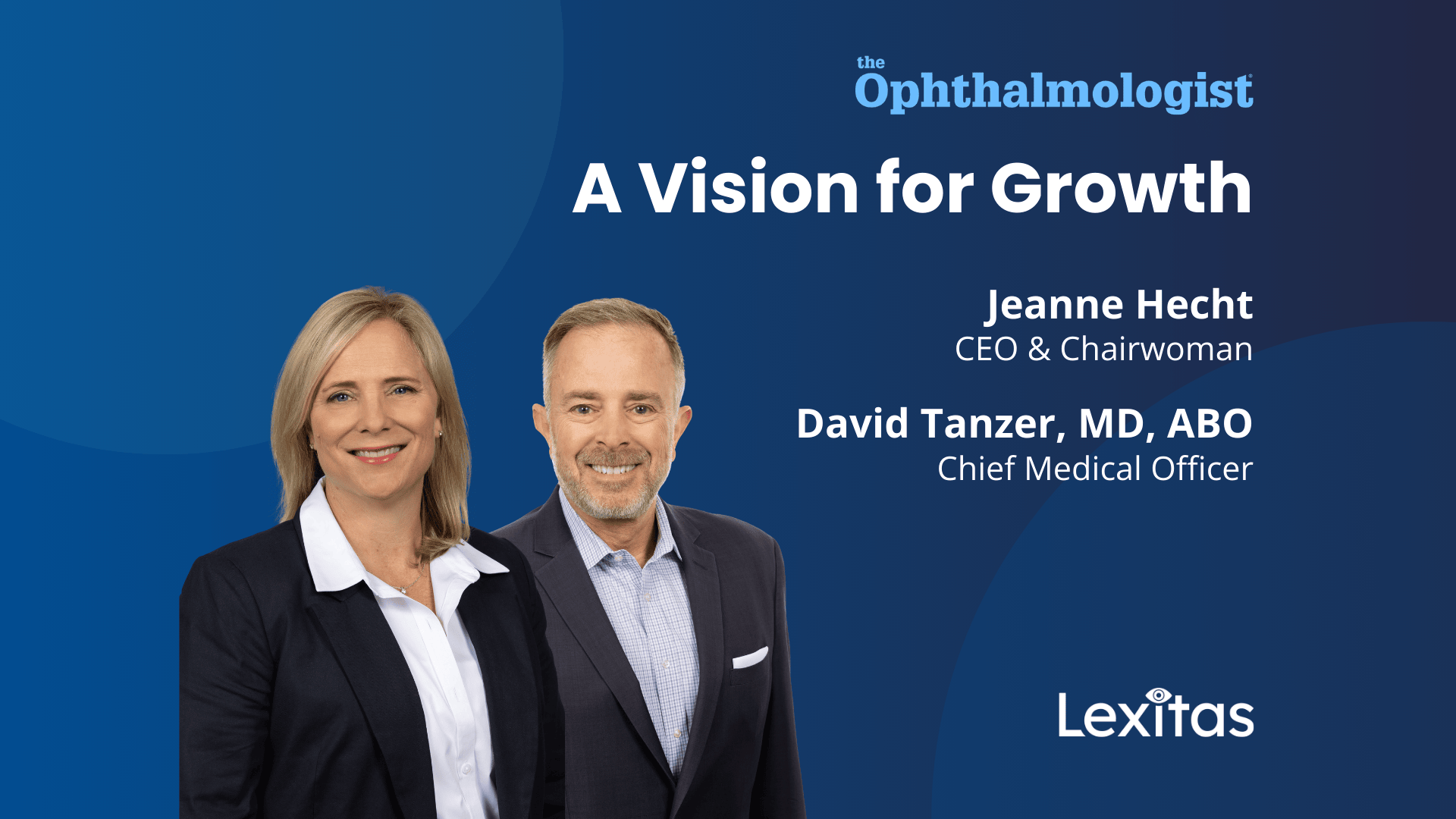
A Vision for Growth
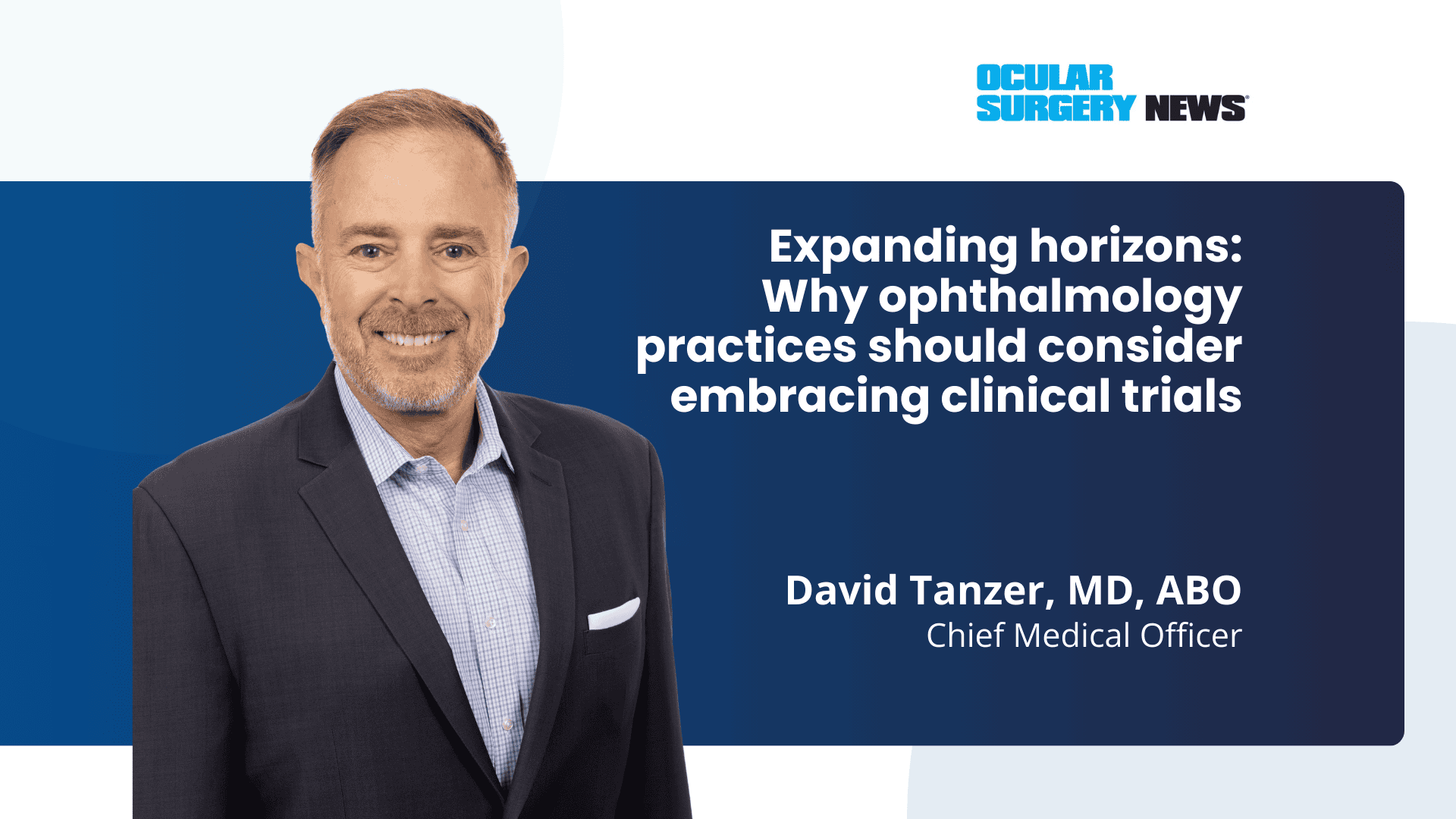
Expanding horizons: Why ophthalmology practices should consider embracing clinical trials
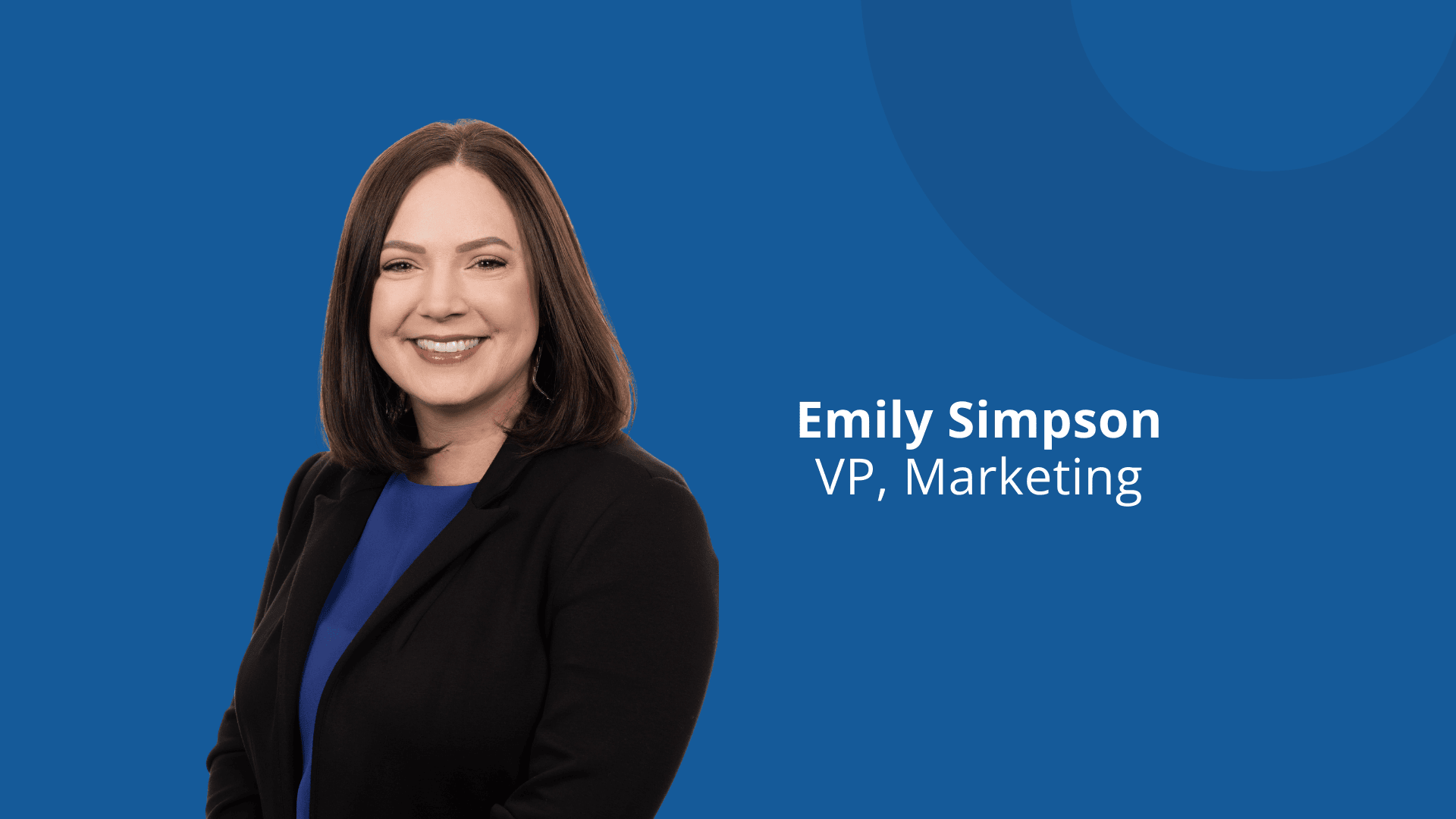
Navigating Ophthalmology: A Strategic Guide for Biotech Companies Entering the Space
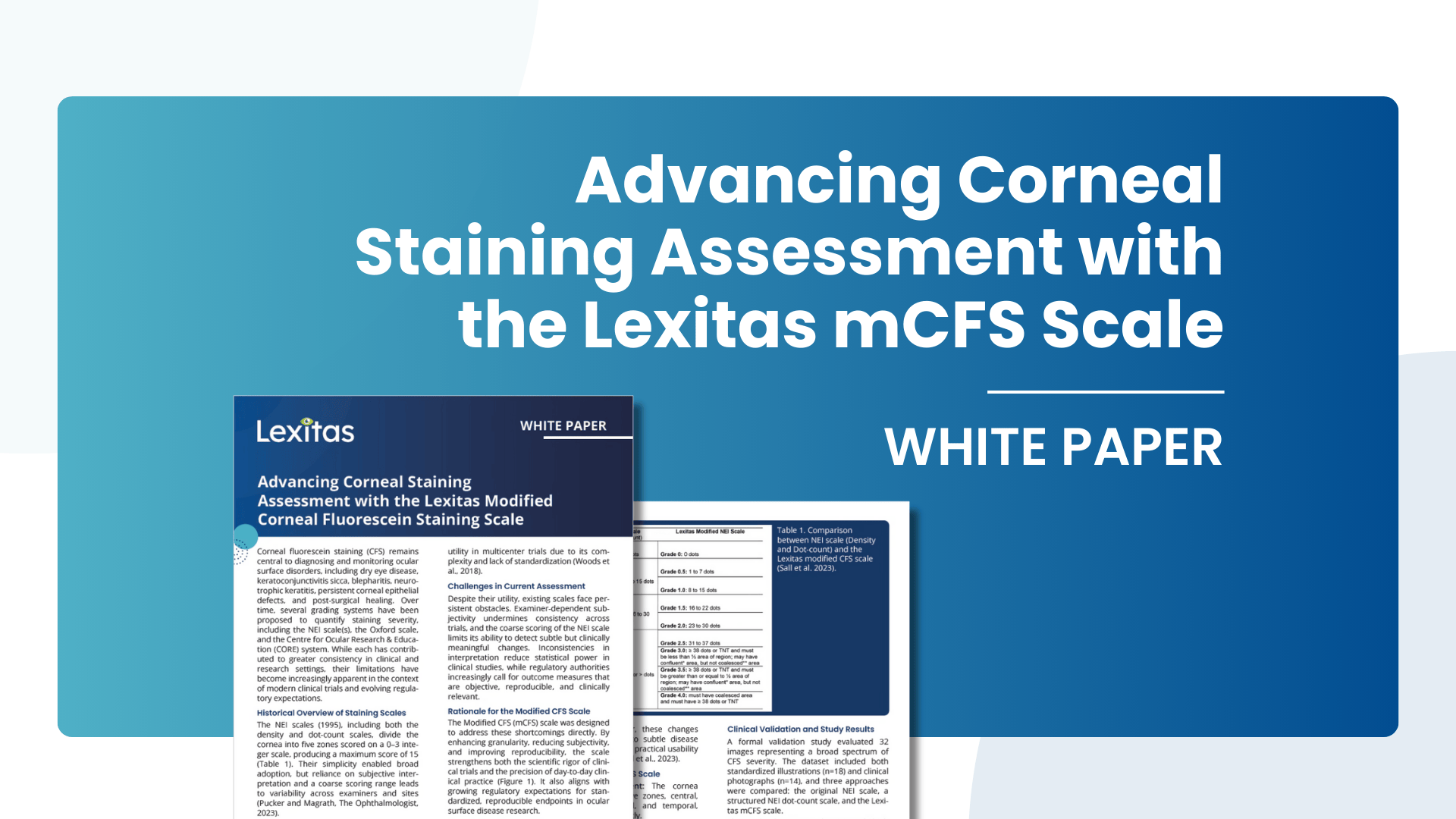
Advancing Corneal Staining Assessment with the Lexitas mCFS Scale

Exciting happenings in retina research and care
